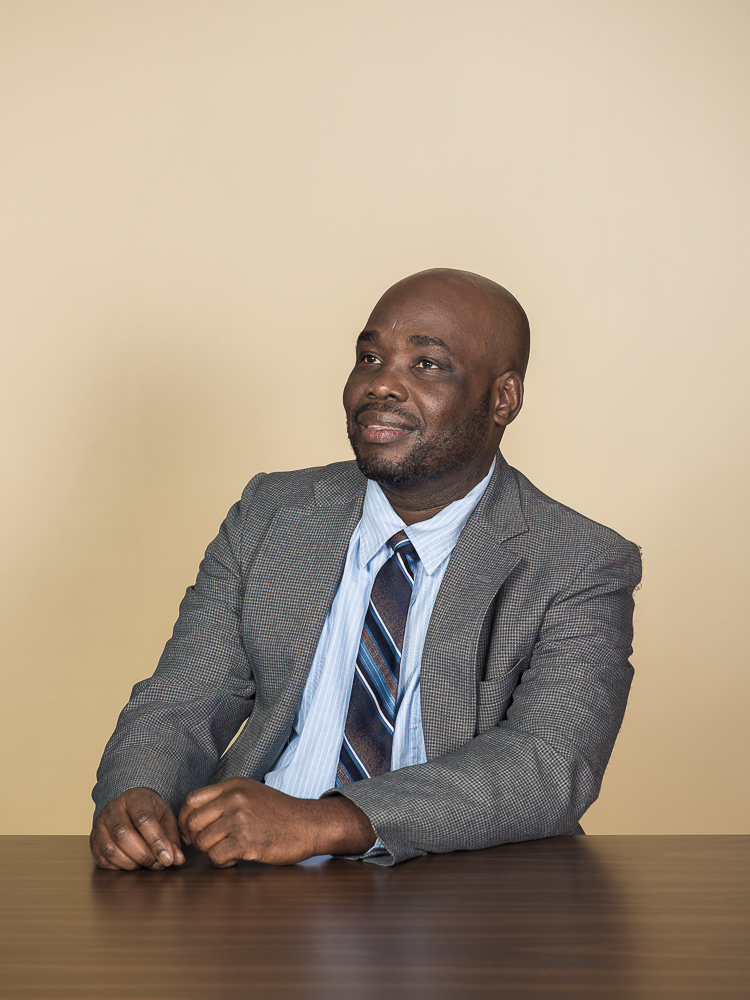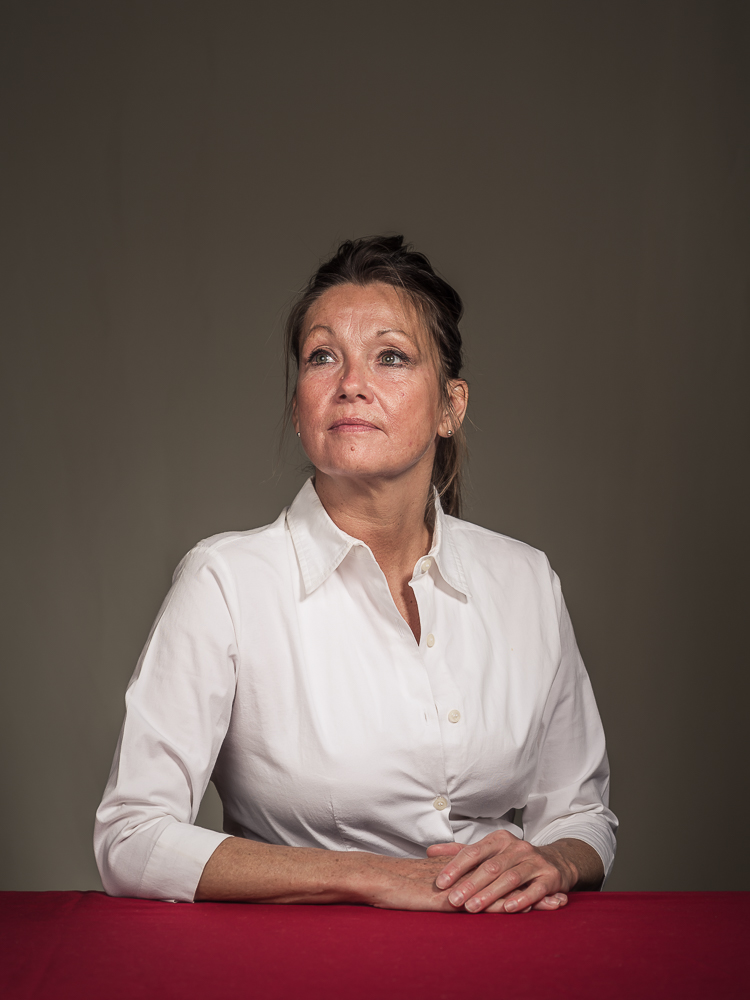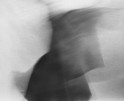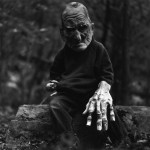Steve Davis: As Regular People
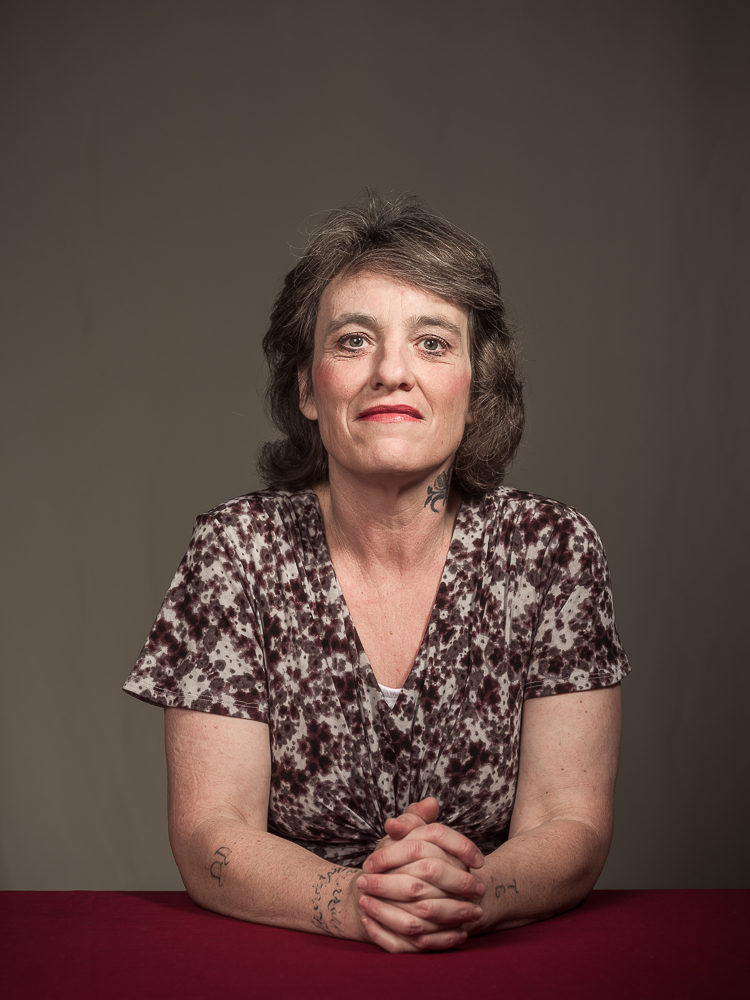
©Steve Davis, Chandra, What do you hope to do upon release? “I would like to start to work for Amazon companies or start flagging again or to landscape yards again, or take care of paraplegic people. Help older people, clean their homes and be a good help to the community.”
We do judge books by their covers and people by what they wear. Photographer Steve Davis has created a poignant portrait project, As Regular People, photographing inmates in civilian clothing as they prepare for release–this simple shift in dress and self presentation changing how we perceive his subjects. The project mirrors the work that prison staff does to help prepare inmates for release by teaching them how to behave job interviews and other life skills, but the portraits also reflect the potential of another chance and new beginnings. After many e-mails, attending numerous meetings, and organizing clothing drives, Steve finally received the support of the DOC in Olympia, WA to photograph in two prisons.

©Steve Davis, Jaime, What do you hope to do upon release? “I plan to find a job that I can utilize my Business Technology Certificate and eventually own my own cafe/coffee sales.”
Steve Davis is a documentary portrait and landscape photographer based in the Pacific Northwest. His work has appeared in American Photo, Harper’s, the New York Times Magazine, Russian Esquire, and is in many collections, including the Houston Museum of Fine Arts, the Seattle Art Museum, the Santa Barbara Museum of Art, and the George Eastman House. He is a former 1st place recipient of the Santa Fe CENTER Project Competition, and two time winner of Washington Arts Commission/Artist Trust Fellowships . Davis is the Coordinator of Photography, media curator and adjunct faculty member of The Evergreen State College. He is represented by the James Harris Gallery, Seattle.
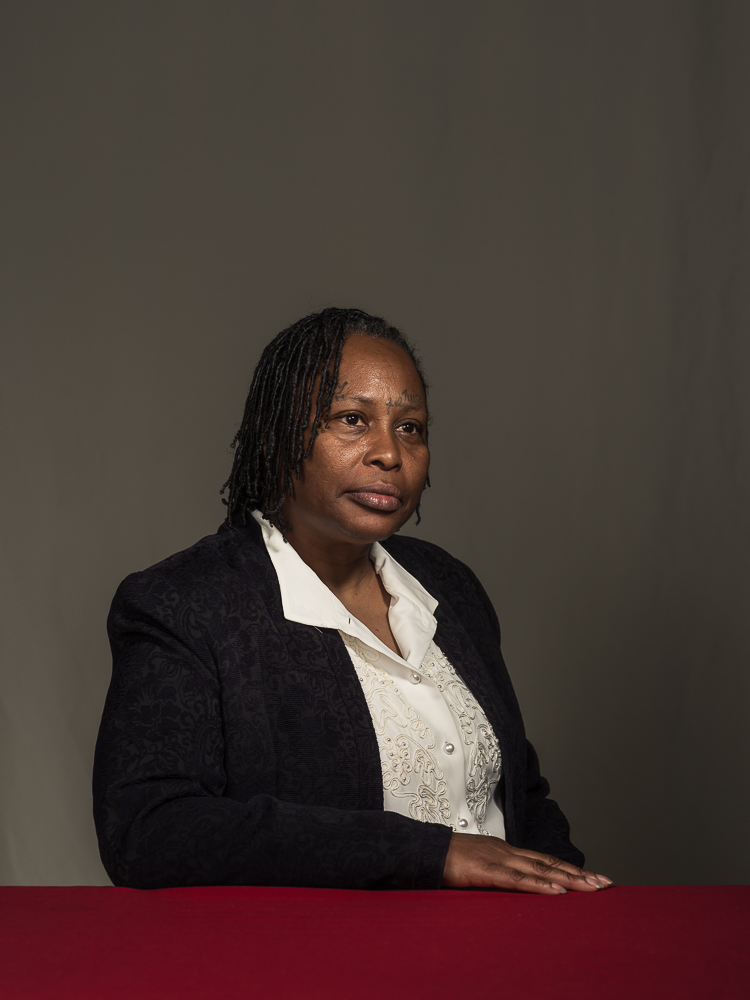
©Steve Davis, Debra, What do you hope to do upon release? “For a start, I’ve been accepted working in a restaurant.”
As Regular People
These photographs represent inmates from two corrections facilities in Washington State; the Washington Corrections Center, and the Mission Creek Corrections Center for Women. In these photographs the subjects were offered the opportunity to select civilian clothing. Many of the volunteers in this series wrote a paragraph or two about their intentions upon release. Church, family and committing to a drug-free life were the overarching themes found in almost all of their goals. Each were given prints to keep or give to family, or for use in search of a job. The donated clothes are put to good use, given to the soon to be homeless and needier inmates upon their release.
I do not operate on the thesis that the people who fill our prisons are not regular. Rather, I focus on appearance. Incarcerated men and women are generally seen through media images as institutionalized and dehumanized subjects of a punitive system. Typically, they are more extras than actors in prison, wearing the prison costume; portrayed faceless or as silhouettes in a theater of glass, cinder-block and razor wire.

©Steve Davis, Emily, What do you hope to do upon release? “I hope to get into a Oxford home & get my license in phlebotomy and attend school for photography. I’d like to get into the photography field. I took 2yrs in high school & I loved it.”
As we ingest an ever-growing volume of visual information related to incarceration, I hope that images such as mine will serve as a back of the mind, counterbalanced referent, reminding us that prison related pictures (still or moving,) assist in our society’s ease in accepting these men and women as something wholly different than ourselves.

©Steve Davis, James, What to you hope to do, once released? “Back with family. Get my CDL Class A back

©Steve Davis, Jennifer, What do you hope to do upon release? “My plan is to go back to school and get my degree in psychology specializing in substance abuse. I plan on getting a job, work study perhaps, and working my way through school until I receive my doctorate degree. I am going home to my husband and loving family who have been there for me supporting me 100% this whole journey. I have been enrolled in Victory Bible Institute for my entire stay and am a straight A student. I have a passion for the Lord and live to serve Him for the remainder of my days. My plans in life will always be subject to His will for me. I want only to walk the path He has laid out for me and want to finish my studies at Bible College becoming a minister so that I may one day take my degree and go into prison ministries. I hope to be a light to others and lead those who are lost as I once was into the loving arms of the Lord so that they too may experience the freedom and joy His love and forgiveness brings.”

©Steve Davis, Joshua, What to you hope to do, once released? “Just to be able to be a positive help to my family.”

©Steve Davis, Lydia, What do you hope to do upon release? “I plan on staying active in my recovery, and I want to make up for lost time with my family. I also just want to be a productive part of society. During my time here I’ve done a lot of growing. And I hope to take what I’ve learned here and be the best me I can be when I leave.”

©Steve Davis, Michelle, What do you hope to do upon release? “I hope to gain stable employment and have the ability to enroll in the welding class at Olympic College. It is my goal to be self supporting and to be able to help my children and my grandchildren. I have a strong desire to give back to my community through volunteer work. I will be a success story and I will use my past experiences to help others.”

©Steve Davis, Reynoldo, What to you hope to do, once released? “Get involved in a church, get an electrical job, stay out, be a responsible father.”
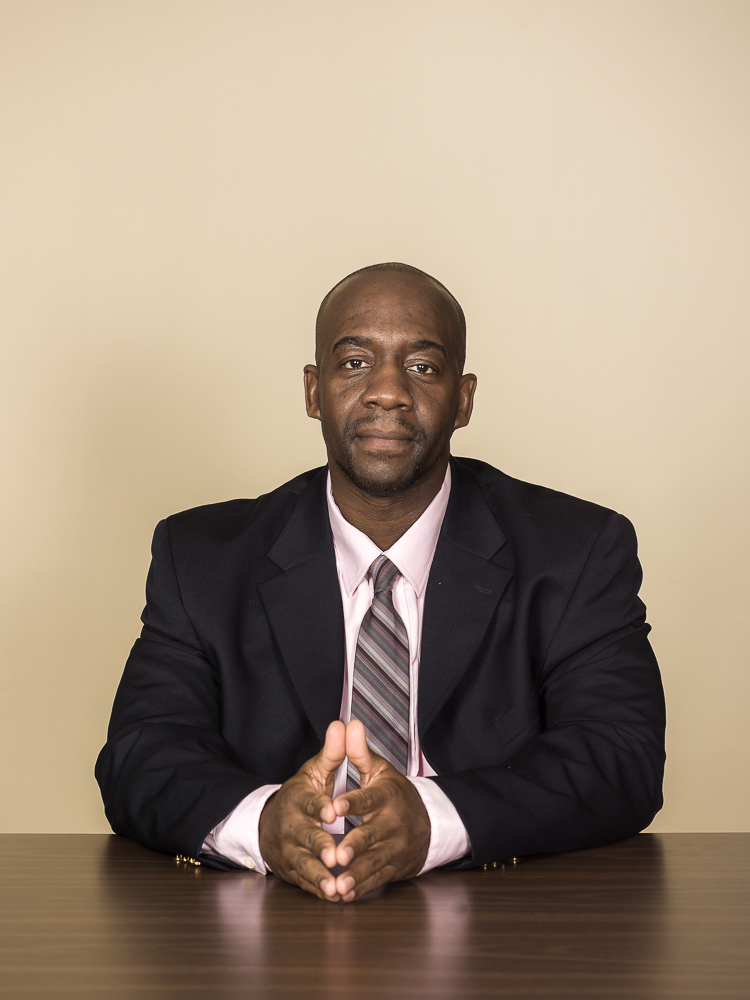
©Steve Davis, Terrance, What do you hope to do upon release? “I hope to share the gift of singing and the talent of Public Speaking, along with the other skills I’ve perfected during my incarceration. Through programs like: Positive Psychology, Toastmasters, Poetry Seminars, Making it Work and Roots of Success. While living a life that reflects the powerful restorative qualities of education, hope, hard work and the strength of the human spirit.”

©Steve Davis, Terry, What do you hope to do upon release? “Work for the Church of Latter-Day Saints wherever they need me.”
Posts on Lenscratch may not be reproduced without the permission of the Lenscratch staff and the photographer.
Recommended
-
Anna Guseva: The Black Night Calls My NameJanuary 26th, 2026
-
Madeleine Morlet: The Body Is Not a ThingJanuary 19th, 2026
-
South Korea Week: Yang JaeMoon: Blue JourneyJanuary 15th, 2026
-
Yorgos Efthymiadis: The James and Audrey Foster Prize 2025 WinnerJanuary 2nd, 2026
-
Time Travelers: Photographs from the Gayle Greenhill Collection at MOMADecember 28th, 2025

